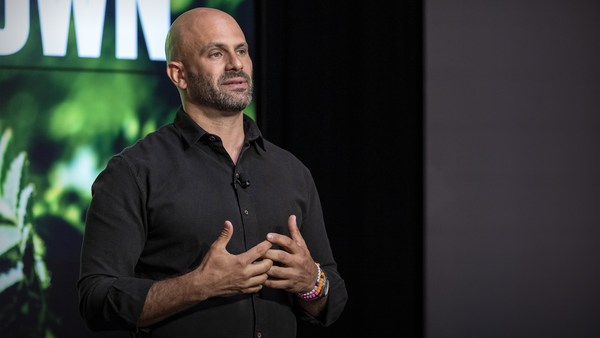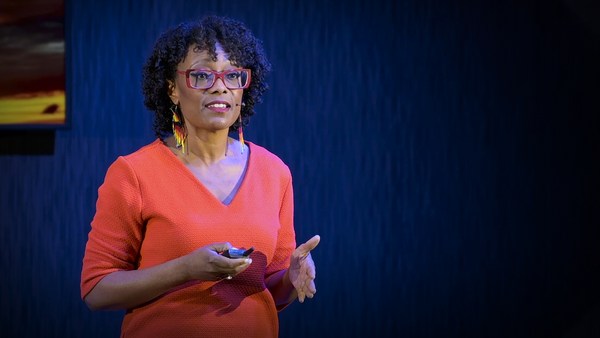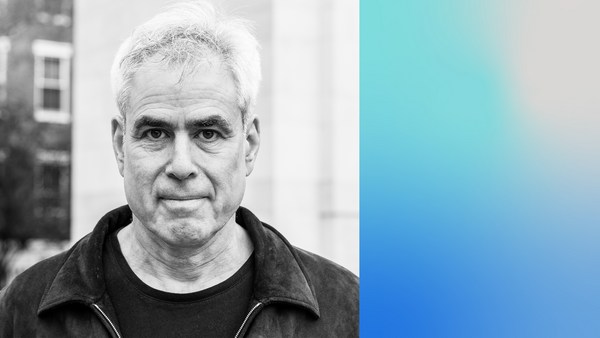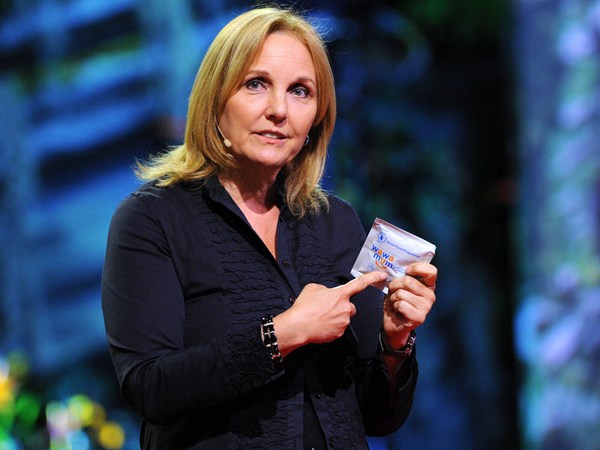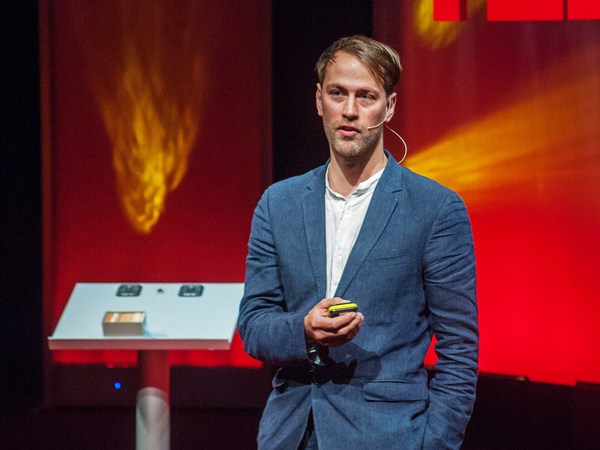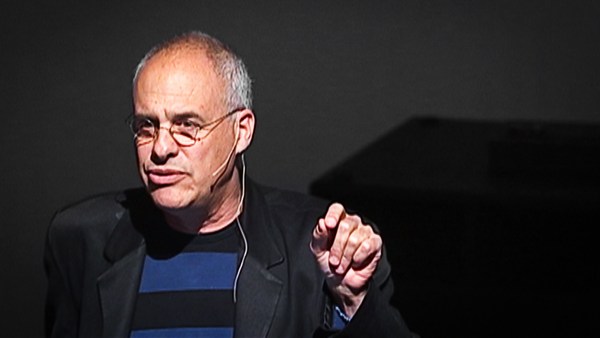We all eat. But have you considered what you eat is more than tastes, trends and nutrition? What we think is good to eat reveals our modern hungers, our deepest desires and greatest needs for self-improvement, for connection. Also dreams of our future. Kids are our future, right? So try a square pizza, with some chocolate milk and maybe a fruit cup, to taste the future. A school lunch reveals our values, as well as the modern complexities of food. How we're eating is eating up our worlds.
I'm June Jo Lee, a food ethnographer. Tell me what's good to eat so I can see who you're becoming. And if I know who you're becoming, I'll know what you'll be eating. Food is my portal to understand generational changes and to track early signals.
Join me to decode Gen Z, born 1997 to 2012. How they talk about food is unlike any generation I've studied before.
My approach is simple. I ask, “What’s delicious to you? What feeds your life?” Like any relationship, it begins with attraction. It's founded on respect, and it’s 95 percent listening with great care and can be done over a shared meal or snack.
Why do I care so much about this work? Because I almost lost my own Gen Zer, my son Blue. He'd stopped talking to me by middle school, and in 2018, I got the call. "Mom, I'm not doing so well. I need help." And the only thing I had to save my son was my work, my ethnography.
You see, I used to be a tiger mom. I thought being a mom meant to tell my son who to become, what to do. I never asked him who he was, what he wanted. He told me: “You exhaust me. You think I’m in your head” And he asked me ... "Why don't you just treat me like your ethnography, not your son. Ethnog me, Mom."
(Laughter)
And -- (Sighs) In that moment, my heart broke. But I did it, I ethnogged my own son.
I asked him ... "What's your unforgettable bite? Your tricky mouthful? How does it feel to be in the world?"
And he told me, "I feel like I'm just learning to surf, on the edge of crashing into the waves and plunging into the water and not being able to breathe or know if I'm up or down. But maybe someday, I'll get good at surfing."
Gen Z, like Blue, are open, fluid, queer by default. They are globally connected, hyper-self-aware, and data-based. They are feeling everything. Digital devices are nourishing. Digital is also disorienting. Gen Z are our power users of the future, learning to ride the waves of a chaotic era.
Gen Z like Luis entered adulthood tagged by a global pandemic, learning in solitary confinement and living on a terminal timeline.
I asked Luis, “How does the world taste?”
And he said, "Spicy. Climate tastes a lot spicier than it used to. It's demotivating when people are telling you, ’Dude, all the carbon’s already in the atmosphere at irreversible levels. You know money-hungry people aren’t going to stop being money-hungry.’”
Luis is the first Sarabia to attend Stanford University, and for Luis, life is as simple and as complex as tacos. He told me, "I'm so proud my culture created something so delicious." For Luis, tacos are family, tacos are friends, tacos are hope. Gen Z are carrying hot sauce in their backpack to make bland, no-change food palatable. They're our hot sauce to tell us they're just at the starting line. It’s not the finish line for them.
And they’re more than hot sauce. Olivia is a future food systems entrepreneur.
I asked her, "How are you learning to care more about food?"
And she told me, "Well, I'm zero-wastifying for my Fancy Scraps pop-ups. And this weekend, I'm volunteering at a cabbage three-way workshop. I can learn how to make kimchi, pao cai and sauerkraut."
Gen Z, like Olivia, are learning to care more about what they eat and don't eat. Waste hurts. Waste is a resource out of place. And Gen Z are resources determined to find their place in well-functioning cultures, and it's not easy. It hurts not to be creative. Gen Z are kimchi-ing their way through our hot messes, fermenting and upcycling more delicious and nutritious worlds.
So Blue is my love story of more care reconnecting and curing our separation. Earlier this year, I ethnogged Blue again.
(Video) June Jo Lee: What's the flavor of trust?
Blue: Savory. Savory seems more reliable.
JJL: What is the flavor of change?
B: Sour. Because when things decay, they turn sour. I'm just trying to make the most out of the present moment. You can't really predict how things are going to change. Instead of planning out, like, a very specific life trajectory, just kind of go with what happens.
JJL: I love you, Blue.
B: I love you too, Mom.
JJL: Can you ask me a question? Ask me anything.
B: What’s your salad-dressing recipe?
(Audience laughter)
JJL: Let’s root for our kids, all our kids, to make it to shore. Gen Z are our hot sauce, our kimchi, our mentors of new ways. They have challenged me, inspired me and helped me become a better human and a better mom.
You can be a food ethnographer too. It's not that hard. Here's how. Start by asking, “What’s your flavor of home? What makes you go ‘mm’? What makes you go ‘hmm’? How are you learning to care more about food in your life?”
We all eat, so we all have the power to shape our future. What do you feel is good to eat, and how can we make more of that?
Thank you.
(Cheers and applause)
